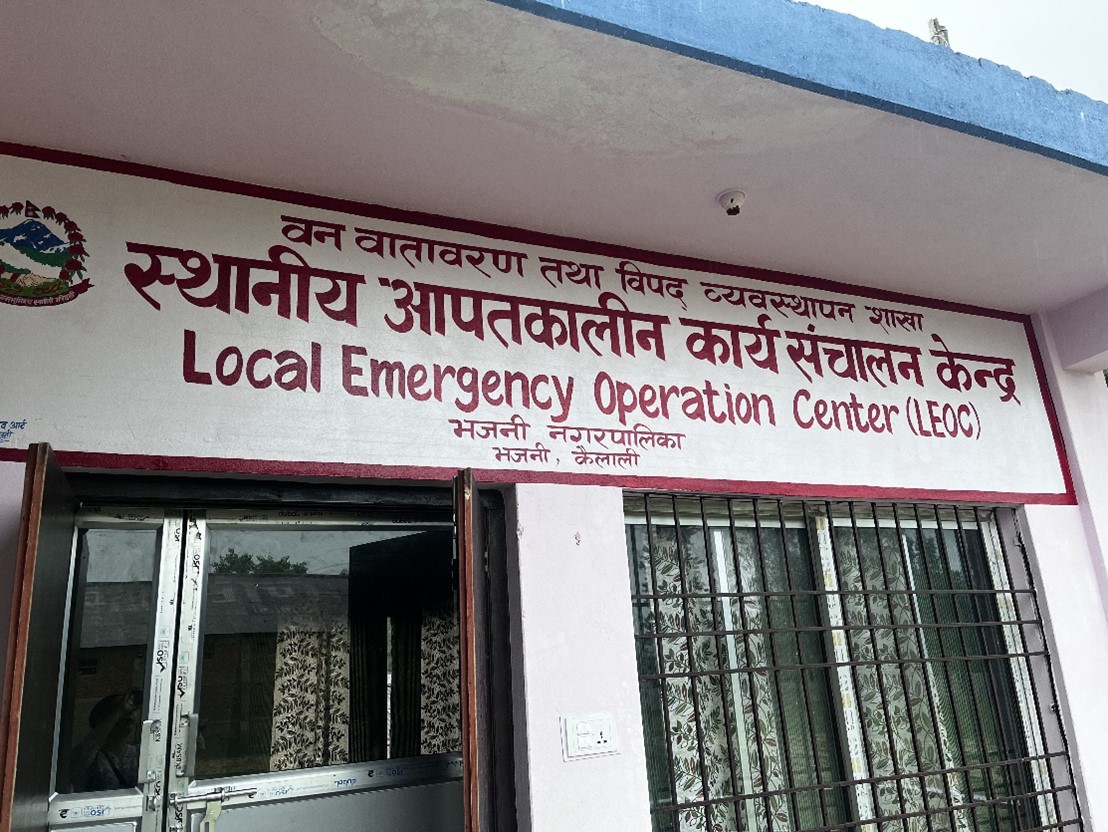Understanding Barriers to Early Warning Messages for People Living with Non-Communicable Diseases in Nepal

About this Paper
This study explores the challenges that people living with non-communicable diseases (PLWNCDs) face in accessing early warning messages (EWMs) during disasters in Nepal, focusing on flood-prone districts of Kanchanpur and Kailali. Findings reveal delayed and inaccessible warnings, language barriers, and low trust in message accuracy, leading to limited preparedness. Many PLWNCDs struggle to interpret messages due to low literacy or lack of local language translations. Limited community involvement in EWM design and dissemination further weakens the system’s effectiveness, leaving PLWNCDs without critical health information during crises.
Disasters worsen health vulnerabilities, with floods disrupting access to medications and healthcare services, while economic hardships make treatment unaffordable for many. The study highlights the need for inclusive and actionable EWMs tailored to the needs of PLWNCDs. Key recommendations include expanding multilingual messaging, using diverse communication channels, and integrating NCD care into disaster preparedness. Strengthening coordination between health and disaster management sectors and ensuring continuity of care through telemedicine and community-driven approaches can improve resilience and health outcomes for PLWNCDs in disaster-prone areas.
The full paper will be available soon. Access the executive summary here.
Author
Tara Ballav Adhikari, PhD
Department of Public Health, Aarhus University, Denmark

This research was funded with UK International Development from the UK government. It was part of a multi-country research initiative led by the Global Disaster Preparedness Center of the American Red Cross. Access all final publications here.
